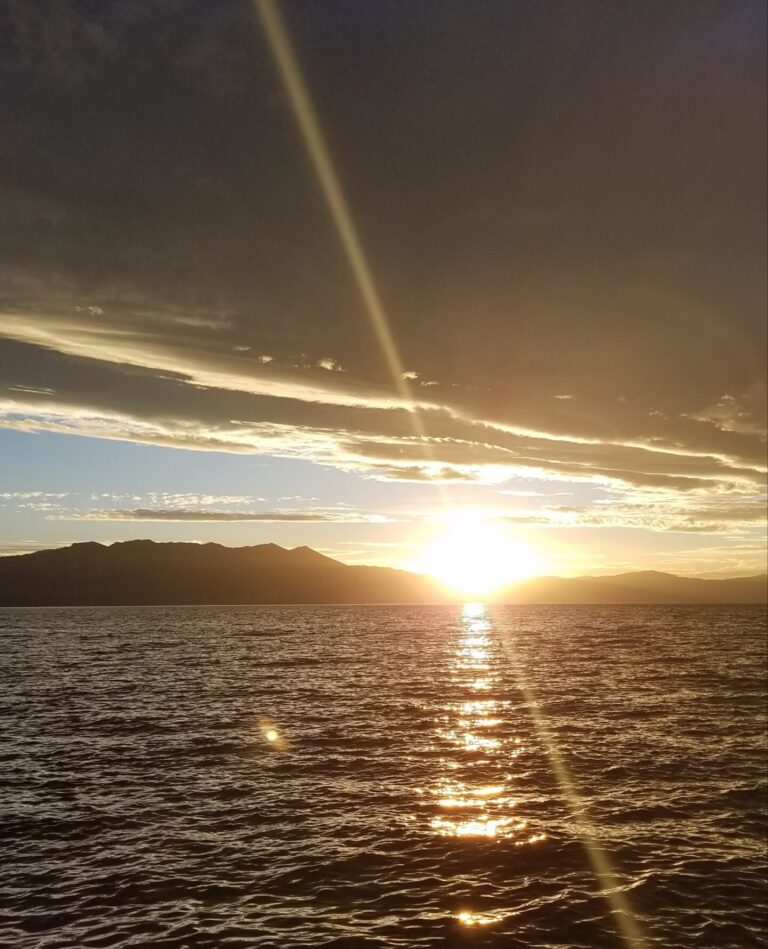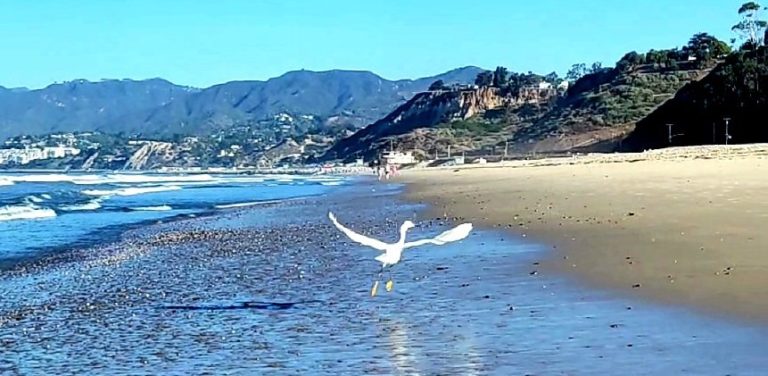Wim Coleman – 3 Poems
“You can’t undo my pain,” the lady would say,
“but let me undo your pin.”
And then her hair would explode like...

Alio’s Hair We never saw her hair, or at least not the truth of it. It was bundled so tight you could feel its pulsations across a room, the latent forces stowed therein. She assured us she had never cut it, and said it hung below her ankles when she let it go free, which made everybody wonder— tied into a single strand, could it lasso the earth, or maybe even reach out and tickle Pluto at its aphelion? But no one saw it flow except one lovely Austrian. When they lay naked together, she caressed the tattooed numbers on her lady’s wrist as if sheer tenderness could make them vanish. “You can’t undo my pain,” the lady would say, “but let me undo your pin.” And then her hair would explode like a supernova. When dawn came and her lover went away, her hair crashed back upon itself into the infinite little knot we knew her by. We learned to avert our gaze for fear of tumbling over that horizon into a singularity of love. Willing Suspension After Captain Cartoon came back from the moon to a tickertape parade through Huntington, and after his steamboat the Cartoon Belle got blown to smithereens when its boiler exploded, he took to the rivers of West Virginia in a one-man submarine followed everywhere by Myrtle the Sea Monster while we peeked through his magic periscope into the fabled lives of Popeye and Little Lulu and Deputy Dawg and Mighty Mouse and Diver Dan. Once when he sailed the Kanawha River, he dry-docked his submarine for public view in Charleston right in front of the State Capitol building, its great gold dome gleaming down on the turtle-textured vessel in all its gloried squatness. To starboard it looked loftier than on TV, while to port it gaped ragged and wide open to reveal the actual innards of the thing. Only when I climbed into that rickety pine-frame conning tower swathed round with chicken wire and old newspapers did I realize the submarine was real. Ecclesiastes (upon reading “Mind at the End of Its Tether” by H.G. Wells) Saith the Sage, there is no Shape of Things to Come; there is only the Coming of Shapelessness. Maps crumple—yea, and also the landscapes they signify— into dimensionless wads of nothing; the clock’s hands are blurred the whole way round; the eons snap their fingers in our faces. The very NOW contracts its steel coils and breaks our ribs and squeezes our breath away. There is no way out or round or through. The bitter wisdom of the Sage begins with the knowledge of vanity; the multitude is not disposed to know and so it will never know. In the glass-walled formicary of this world, the ants keep faith in the magical placations of their leaders, whose bigotries blossom into radiant cruelty. The subservient fear-haunted mind in its blind libidinous craving to exist retreats into a sanctuary of jaded reassurance, the idiot’s recital of the everyday. There is no way out or round or through; the way ahead is steeply up or steeply down. May mind climb the rungs of the air and the worm aspire to the stars? To go steeply up is to cease to be human; our heirs are creatures we know nothing of. Tempus edax rerum. Gluttonous time devours us all; the cherished delusion of recurrence is dead; gravitation’s golden cord is frayed; earth slows in its spinning, and the years and days grow longer; the equinoxes wobble in their precession; night no longer follows day, nor day the night; there are naught but new things under the dying sun; we lie when we say we have seen them before. There is no way out or round or through. Now that mind, that strange intruder, that peculiar throb in matter, is at its final ebb, the grinning Antagonist goads us with the riddle: “Is this all?” For the more we reach the less we grasp in saecula saeculorum— for ever and ever. Amen.



